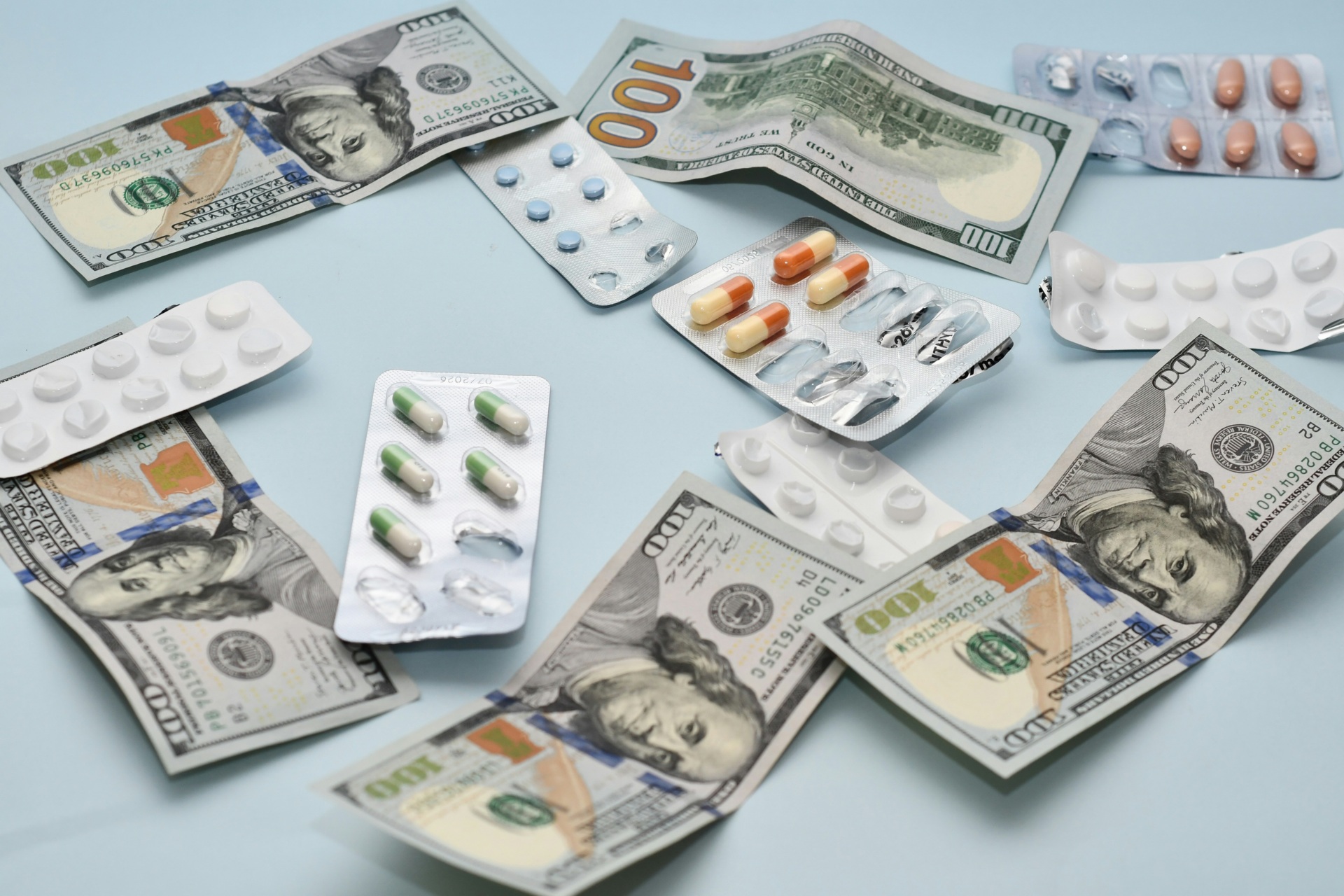Trump’s drug value orders collide with the guts of overseas freeriding
For a long time, American shoppers have paid the best drug costs on the planet, not as a result of they select to not use extra medicine or demand greater high quality, however as a result of the federal government chooses to not negotiate. Other international locations have imposed laborious value caps and demanded sudden reductions from pharmaceutical firms, however the US has allowed drug producers to cost what they’ll stand up to the market.
Or was it stated that.
In actuality, there isn’t any true “free market” for medicines. What we name a market-based system is definitely a closely protected government-protected, extremely protected pricing regime constructed on patents, FDA exclusivity and obligatory insurance coverage protection. This is a system through which competitors is deliberately suppressed. First, by mental property regulation, then by regulatory lock-in, and finally by federal restrictions that prohibit Medicare, the nation’s largest purchaser, from immediately negotiating. This will not be a free firm. This is a cartelized pricing run by authorities enforcement.
Forgotten Customs: Prescription Drugs
This divergence took form within the second half of the twentieth century. Europe and Canada have constructed government-run or regulated well being programs, and have created businesses that request sudden reductions and block new medicine except costs match alongside cost-effectiveness thresholds. Meanwhile, the US has gone on a extra fragmented, so-called market-driven path.
The outcomes are unimaginable. Americans pay 2-4 instances greater than sufferers in Germany, Canada, or Australia. Often, the very same tablets made in the identical manufacturing facility price only a small portion of abroad, from being performed at US pharmacy counters. These usually are not generics. These are the identical merchandise and are offered cheaply in all places.
why? Because all different developed international locations use some type of centralized value negotiation or regulation. The US can identify the value to producers. Therefore, private and non-private insurance coverage are required to cowl these merchandise. It’s not the market. It’s a racket.
Global imbalances by design
For years, pharmaceutical executives and their lobbyists defended this imbalance by arguing that top US costs have been wanted to fund innovation. They argued that overseas governments are “freely using” on American funding. That’s not mistaken, however the conclusion is backwards.
If different international locations are understaking, the answer is to not preserve our overpayment. That’s to cease enabling rides at no cost.
This isn’t just a healthcare situation, it’s a drug that’s equal to NATO’s share of burdens. For a long time, the US has been paying for the prices of defending Europe, however European international locations have underfunded their troops. Now, in drugs, like protection, the United States requires rich allies to pay a justifiable share.
President Trump’s most favorable nation (MFN) govt order, signed earlier this month, reverses the system. Prices paid by Medicare and Medicaid are mounted on the minimal quantity paid by comparable overseas international locations. In reality, America will now not subsidize the remainder of the world’s drugs cupboards. If a German affected person receives the drug for $300, American taxpayers would not pay $1,200.

(Photo: çağlarskay/unsplash)
This coverage can be in keeping with Trump’s broader commerce philosophy. Just as overseas metal tariffs have been aimed toward correcting market distortions attributable to overseas subsidies, MFN pricing corrects distortions attributable to overseas value management. This will not be a hard and fast value, however a mutual pricing. Like tariffs, it’s a software to reaffirm America’s sovereignty and strategic pursuits.
Opposition to innovation
Critics warn that MFN pricing will scale back pharmaceutical firms’ revenues and thus gradual innovation. It is perhaps a modern-day. The Congressional Budget Office estimates that new drug improvement has declined by 5-10% over the following 20 years. That’s true. But the projected financial savings for American sufferers and taxpayers are as a lot as $500 billion.
More importantly, we must always ask: What improvements do you fund at these inflated costs? The enhance in drug R&D share is directed in direction of “Me-Too” medicine, patent growth and market safety methods. The concept that each greenback taken from a drugmaker is a greenback misplaced to scientific development will not be merely inaccurate, it’s propaganda.
A wiser pricing system may really sharpen your incentives by rewarding actual breakthroughs whereas trimming waste. And do not forget that public analysis establishments just like the NIH already fund a lot of the essential science behind new therapies. The non-public sector thrives with publicly created discoveries.
It’s time for rebalancing to start
In reality, the MFN order is simply the place to begin. Its success relies on the implementation of negotiations, authorized resilience, and follow-through. But the ideas it asserts are clear and have been behind for a very long time. Americans shouldn’t be compelled to overpay medical science so overseas governments will pay.
What President Trump did is to first develop American logic into a brand new financial theatre, the worldwide drug market. For the primary time in trendy historical past, the US president has knowledgeable the pharmaceutical trade and its worldwide purchasers that one-way pricing has ended. It’s not simply well being reform, it is commerce reform. It’s industrial coverage. And that may be a long-standing declare of nationwide pursuits to sectors which were protected against scrutiny for too lengthy.
As administration strikes ahead, trade backlash is inevitable. So are the specter of lowered funding and overseas violations. But like tariffs, they aren’t a cause to retreat. They are indications that the coverage is working.
In a world economic system geared up by value disparities and the state-owned sector, fairness begins with leverage. MFN guidelines are leverage instruments. And that leverage will not be used on behalf of American sufferers, staff or employers.

